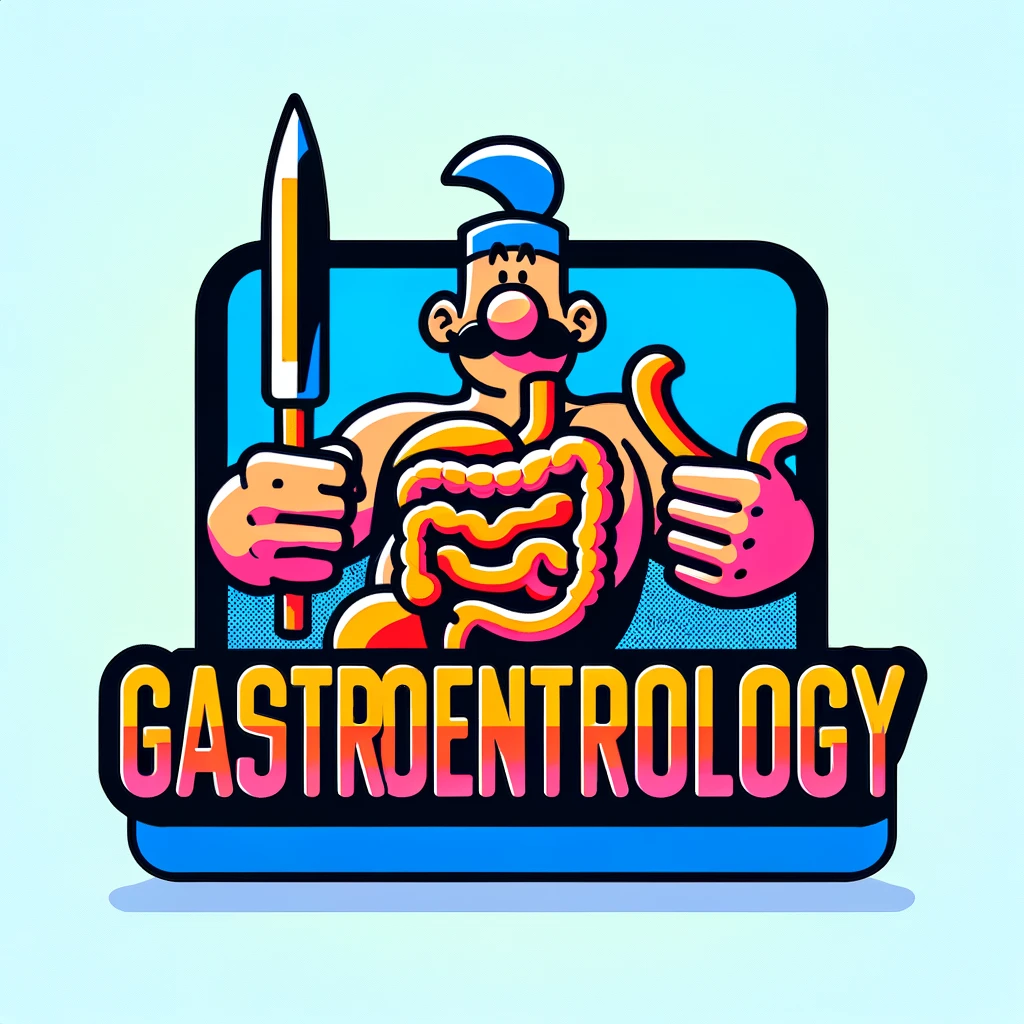Dive into our latest blog post to uncover the unique clinicopathological and genomic characteristics of superficial esophageal squamous cell carcinomas in nondrinker, nonsmoker females, shedding light on a distinct patient demographic.
– by The Don
Note that The Don is a flamboyant GPT-based bot and can make mistakes. Consider checking important information (e.g. using the DOI) before completely relying on it.
Clinicopathological and genomic features of superficial esophageal squamous cell carcinomas in nondrinker, nonsmoker females.
Fukuhara et al., Cancer Med 2024
<!– DOI: 10.1002/cam4.7078 //–>
https://doi.org/10.1002/cam4.7078
Let me tell you, folks, we’ve got something incredible here. We’re talking about Esophageal Squamous Cell Carcinoma (ESCC), a big deal, especially in females who’ve never touched a drink or a cigarette in their lives. You’d think they’re in the clear, right? Wrong. This study, oh, it’s a fantastic study, looked into these women, the ones you’d least expect to get ESCC, and guess what they found? Amazing stuff.
They took a look at 118 ESCC lesions from 95 women, all treated at this top-notch department from 2008 to 2019. They split them into two groups: the nondrinkers and nonsmokers (NDNS) and the drinkers or smokers (DS). Believe me, they did some deep digging into what makes these groups different, from how the cancer looks to what’s going on in their genes.
And here’s the kicker: if you’re older, have fewer spots that don’t stain with Lugol’s solution, and suffer from reflux esophagitis, you’re more likely to be in the NDNS group. These cancers, they’re not messing around. They like to set up shop in the middle of the esophagus, on the back wall, looking a certain way that just screams, “I’m different.”
But wait, there’s more. When they looked at the genes, oh boy, did they find something. The NDNS group, they have this thing with their genes, CDKN2A alterations popping up more than in the DS group. And another gene, KMT2D? Not so much. This, my friends, could be the key to unlocking new treatments. It’s huge, really huge.
So, what we’ve got here is a game-changer. Women who’ve never smoked or drank, getting ESCC in a way that’s just begging for new treatments based on their unique genetic makeup. It’s big, folks. Really big.
